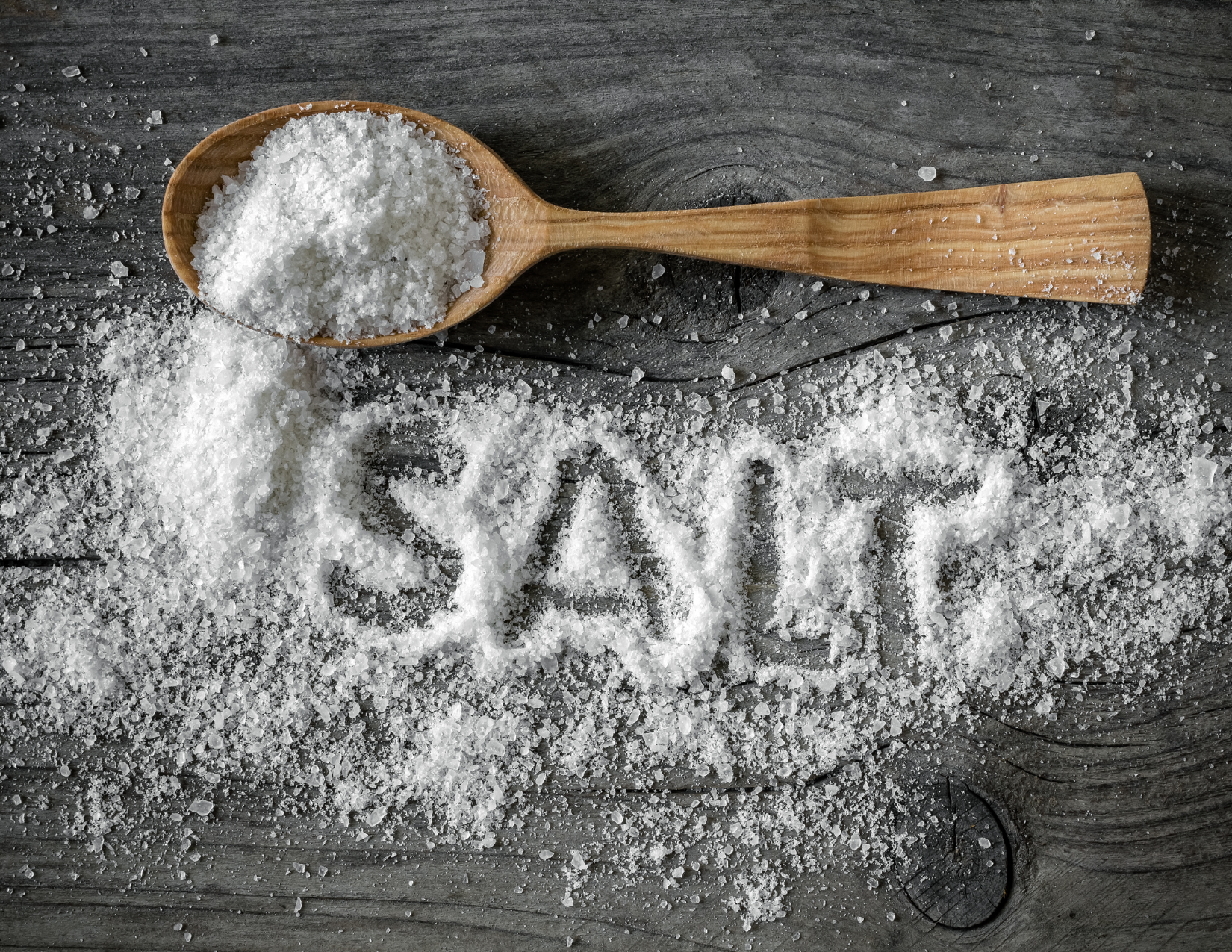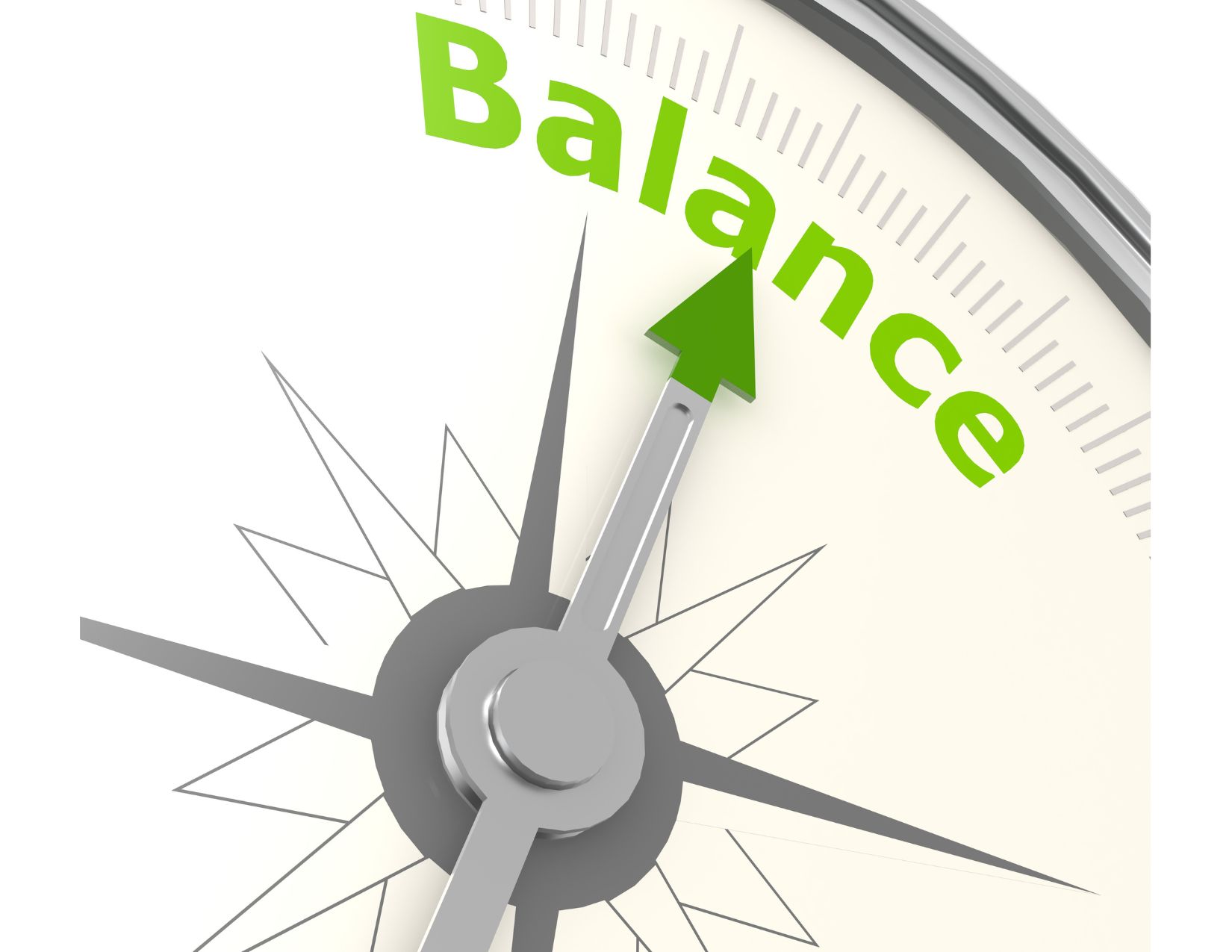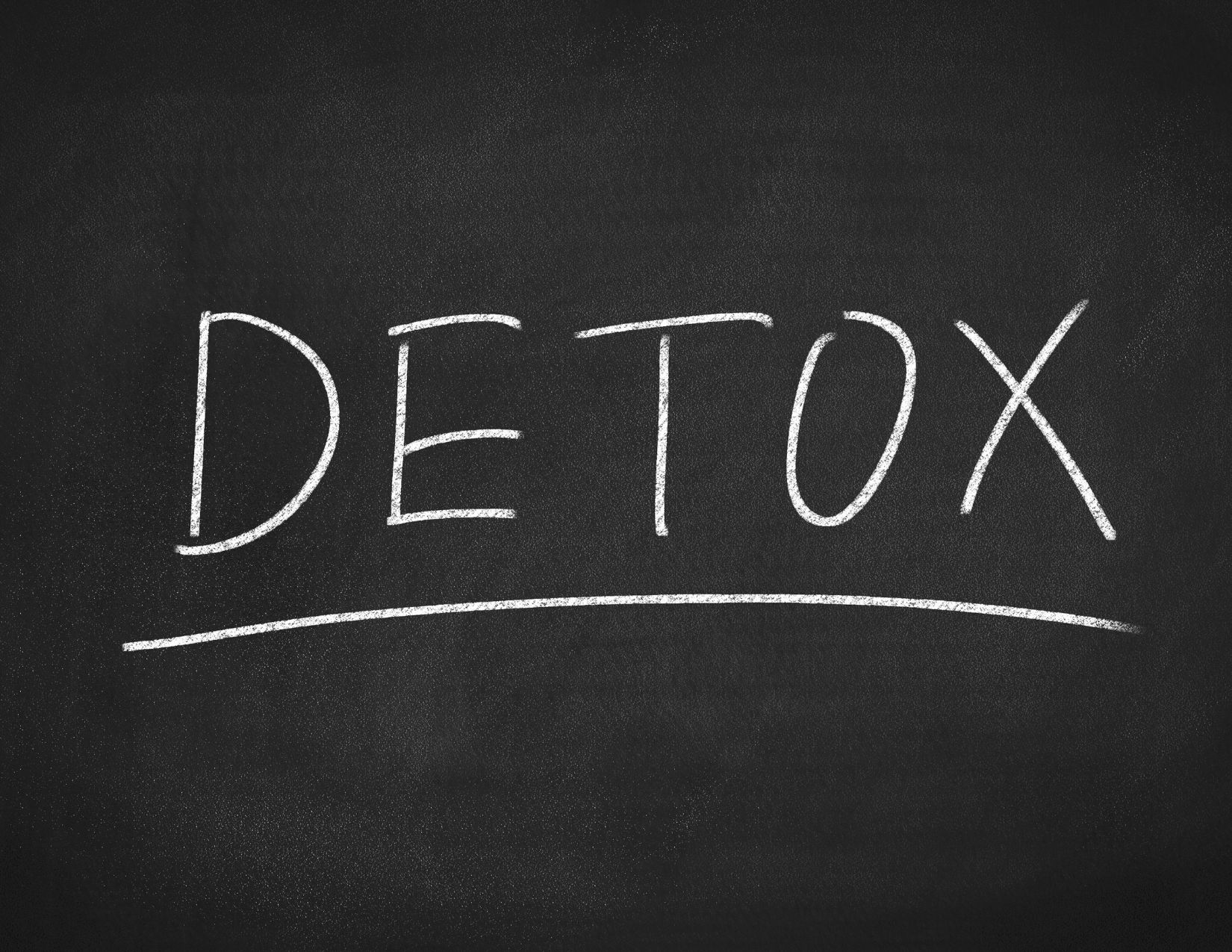Does anyone share my irritation that so many restaurants have removed the salt shakers from tables? Is someone secretly monitoring my micronutrients?
Honestly. I want to know.
Not being in the food service industry, I am out of that loop, but it seems they have decided to take control as if to say, “Watch that lady. Don’t give her any more salt than we have determined is necessary.”
I’ve even asked some of my dining partners if they find it as irritating as I do. Some say no. But when I ask the waitstaff for a salt shaker and it eventually appears on the table, nearly everyone sitting with me reaches for it.
I even had a patron sitting at another table ask me if they could borrow our salt shaker. How ridiculous is that? Clearly, some people need more salt than the restaurant culture thinks we should. Are we being “salt-shamed”?
OK, enough ranting.
See Dr. Cate Shanahan's post about salt.

Salt as therapy
Let me explain how salt supports our health. It is used to correct damage from toxins, serves to balance fluids, and improves all our systems, such as wound healing. This post is about salt from a therapeutic viewpoint.
Simply not enough
The symptoms I list here may result from a number of intricate causes, but few people realize that any of these could be caused by a simple deficiency of salt/sodium in the diet.
-Muscle Cramps
-Weakness
-Headache
-Nausea
-Difficulty Concentrating

The use of water pills and chemotherapy routines are two examples of conditions where a patient can suffer from a sodium/salt deficiency. But anyone can experience the destabilizing symptoms of ‘not enough salt’.
Sodium is necessary for heart muscles to keep pumping.
Sodium is necessary for heart muscles to keep pumping.
Sodium regulates calcium distribution.
Sodium is necessary to produce voltage for the intracellular pump that regulates the processes that allow the mitochondria to produce energy.
Sodium is necessary for fluid movement among cells and the spaces between cells.
Digestive problems
If you experience uncomfortable sensations in your stomach or reflux when you eat, you may not be producing enough gastric acid to prepare your food for the next stages of digestion. How does that work, exactly?
The lower gate at the bottom of the stomach will not allow food to drain into the rest of the digestive track if the acid is too low so the food sits in the stomach and it will begin to cause acid reflux that we feel and taste. Salt is required for the production of stomach acid. The amount of salt needed to produce enough acid is a minimal, about 1-teaspoon a day. If this does not correct the problem, you may also need to add betaine HCl as a supplement. Ask your holistic practitioner for some ideas.
Fluids and sodium balance

Some of the most common causes of an imbalance of fluid/salt imbalance may be…
- Excessive perspiration (causing both a loss of fluid and salt).
- Routinely drinking an excess of water, diluting salt concentration.
- Medications (water pills) which remove excess stagnant fluids in the tissues but flushes out sodium, too.
- A diet which allows the release of excess fluid by reducing inflammation, often seen when beginning a Paleo or ketogenic (Keto) diet.

Toxins
Let’s look at bromine. Like iodine, bromine is a basic element found in a class of elements called halides. Bromide is the name of bromine when it is found in a chemical compound. Since iodine and bromine are in the same chemical class, they compete for the same sites in our glands. But iodine is a necessary element in our thyroid and glandular systems. So just remember:
Iodine Good!
The bully on the block is bromine. Once it attaches itself to the tissues, iodine has no place to park. No one recognizes bromine as being good so you can remember this one:
Bromine Bad!
Bromine elbows iodine out of its important position in our glands, displacing a necessary element with a disruptive one. As more designer chemicals flood our modern life, bromine exposure has become all too common. We even have bromide added to flour. It is in all the weed control chemicals applied to our vast agricultural fields. It even shows up in flame retardant treatment of children’s clothing and toys. As a result, our thyroid functions have become less… well… less functional.
A few possible symptoms of bromine toxicity:
Headaches
Sluggishness
Lethargy
Rash
Tremor
Impaired memory
Poor concentration
Acne on face and hands
Disturbance of color perception
Irritability
Abnormal pigmentation
Slurred speech
Emotional instability
Hair loss
Vision changes
Depression
Runny nose
Reflex changes
Schizophrenic-like actions
Metallic taste
Sensitivity to light
Hallucinations
Diarrhea
Constipation
Eyelid twitching
Dream changes
Increased salivation
Anxiety
Kidney pain
Dry mouth
Body odor
Sweating
Add salt with supplements
Adding iodine supplements is important but it has been the extensive experience of physicians like Dr. David Brownstein that supplementation alone is not enough to restore thyroid function. He writes:
I have found the combination of unrefined salt and iodine invaluable in helping my patients detoxify from bromine. You should take one-half to one teaspoon of unrefined salt each day. Iodine supplementation of 12 to 50 mg per day is adequate for most patients.
And another expert, Dr. Jeffry Dach, echoes Dr. Brownstein’s suggestion when he writes:
[It] is important to avoid the annoying symptoms of Bromine excretion called “Bromism” which may be severe enough to cause the patient to stop taking Iodoral [supplemental iodine].
Here is a typical protocol:
Unrefined Sea Salt (Celtic) – 1/2 tsp. in water twice a day
Selenium – 200 – 400 mcg per day
Magnesium – 400 – 1200 mg per day
Vitamin C – 3,000 – 10,000 mg per day
Vitamins B2/B3 (ATP CoFactors) – 100 mg riboflavin and 500 mg no flush niacin, inositol hexanicotinate form, 1-2x per day.
Constipation treatment
Many people use a salt treatment called the salt water flush for temporary constipation or just to occasionally clean out the gut. See this explained by Dr. Josh Axe.
Improve your immune system
The amount of salt required for strong immunity (macrophages) is about 1 teaspoon a day.
Unrecognized body signals
If you are not adding enough salt to your diet or if you have lost excess fluids which also depletes sodium, your brain may not tell you exactly what you need to do. It can misinterpret the need for salt as a need for sweets or carbs.
If you notice a sudden craving for sweets or carbohydrates, you should try adding salt to your food. Or, as Dr. Annette Bosworth recommends, put some crystals of salt in your mouth and let them slowly melt. Years ago, when I was transitioning to a keto diet, I used this suggestion. It really worked to halt cravings because I needed the salt, not the sweet!

Cautions for folks over 65
In elderly patients, multiple factors are usually implicated in the development of salt deficiency. The most common causes are:
1) impaired water-excretory capacity
2) medications
3) age-related reduction in the percentage of total body water content, leading to greater fluctuations in salt concentration
These conditions require an attentive physician to closely monitor these potentially volatile conditions. Please seek assistance from your prescribing professional.
And what about chloride?
Salt contains both sodium and chloride. Is chloride important?
You bet! Chloride is essential for cellular function.[1]
Fortunately, it comes attached to the sodium in the same salt shaker, so unless you are deficient in salt you should be OK.
